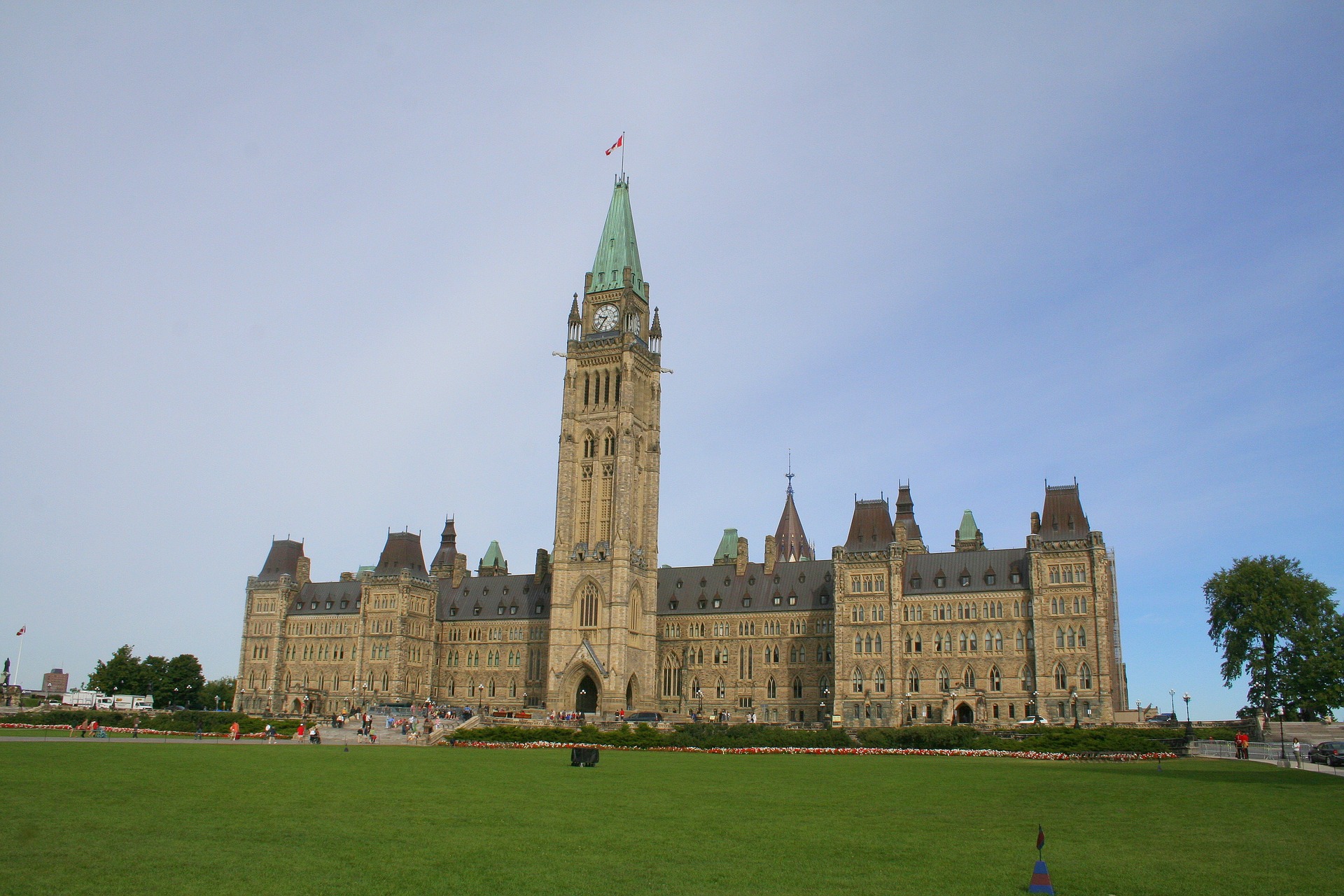Photo: wnk1029 from Pixabay
The following piece is from our sister publication, Germination.
The 2021 federal budget released on April 19, gave a lot of attention to climate change, development of climate-smart technology, and aid for businesses, with a focus on regulatory modernization as well — appropriate given that seed industry stakeholders are currently involved in two modernization initiatives which could have major effects on the sector moving forward.
The budget is dubbed A Recovery Plan for Jobs, Growth, and Resilience, and represents the first federal budget in two years after the government decided to not put forward a 2020 budget in light of the pandemic.
Dennis Prouse, vice-president of government affairs for CropLife Canada, says the budget’s focus on regulatory modernization is extremely encouraging given that there are currently two ongoing initiatives which could have a direct positive impact on the seed sector — modernization of the Seeds Regulations as well as public consultations on Canada’s novel food regulations.
The budget notes that since 2018, the federal government has been conducting targeted regulatory reviews to identify and eliminate bottlenecks to economic growth. The first round of reviews led to the publication of Regulatory Roadmaps on the high-growth sectors of agri-food and aquaculture, health and bio-sciences, and transportation and infrastructure.
To maintain momentum on strengthening Canada’s regulatory systems, the budget proposes to provide up to $6.1 million over two years, starting in 2021/22, to renew the External Advisory Committee on Regulatory Competitiveness and to continue targeted regulatory reviews.
“Those targeted regulatory reviews are what has led to the consultations that are ongoing now from Health Canada on novel foods as well as the modernization of the seeds regulations,” Prouse says.
“Innovation and sustainability are two sides of the same coin. What drives sustainability? Innovation. To get that, you need a regulatory system that is flexible, predictable and agile.”
The life sciences sector also received some attention in the new budget, which proposes to provide a total $2.2 billion over seven years towards growing the domestic life sciences sector. This support would provide foundational investments to help build Canada’s talent pipeline and research systems, and support the growth of Canadian life sciences firms.
Climate Change
Budget 2021 proposes to provide $17.6 billion towards a “green recovery” that the government says will fight climate change, reduce pollution, invest in world-leading clean technology, protect nature, and create middle class jobs.
It also proposes an investment of a further $5 billion over seven years in the Net Zero Accelerator. The Net Zero Accelerator will assist companies to invest to reduce pollution, according to the document.
Also included are:
- Funding to enhance Canada’s supply of critical minerals to help Canada become a major supplier of the materials needed for batteries for electric vehicles, renewable energy storage, and net-zero industrial transformation.
- An investment tax credit for capital invested in carbon capture, utilization, and storage (CCUS) projects, with the goal of reducing emissions by at least 15 megatonnes of CO2 annually.
Support for Trade
Support for internal trade is a significant highlight of the budget that the government says will eliminate trade barriers within our own country that have held back Canadian businesses from reaching the full force of the Canadian market.
“Removing barriers to trade between provinces and territories will help build a more prosperous economy — creating jobs, fueling business expansion, expanding consumer choice of Canadian goods and services, and helping regional economies grow,” the budget states.
Budget 2021 proposes to allocate $21 million over three years, starting in 2021/22, to:
- Work with provincial and territorial partners to enhance the capacity of the Internal Trade Secretariat that supports the Canadian Free Trade Agreement in order to accelerate the reduction of trade barriers within Canada.
- Advance work with willing partners towards creating a repository of open and accessible pan-Canadian internal trade data to identify barriers, including licensing and professional certification requirements, that we can work together to reduce them.
- Pursue internal trade objectives through new or renewed discretionary federal transfers to provinces and territories.
It also proposes to provide $57.6 million in 2021-22 to extend the Mandatory Isolation Support for Temporary Foreign Workers Program to help employers offset costs associated with temporary foreign workers fulfilling isolation requirements upon entering Canada.
Support of up to $1,500 per worker would be provided to employers until June 15, 2021 for costs of the 14-day isolation period. If workers are required to quarantine at a government-approved facility due to a lack of suitable facilities at their employers’ facilities, employers can receive up to $2,000 per worker for costs associated with mandatory isolation requirements.
After June 15, 2021, employers would receive $750 per worker until the wind-down of the program on Aug. 31, 2021. After Aug. 31, the government intends on phasing-out this program and will consult with employers on the transition to ensure that migrant workers are similarly compensated through their quarantine period by their employers.





